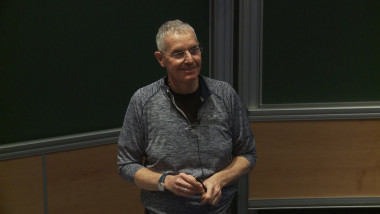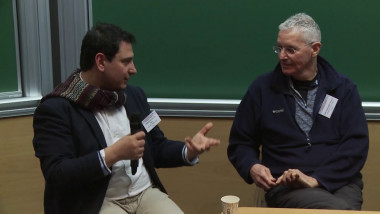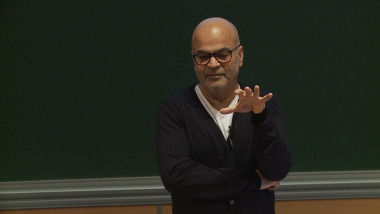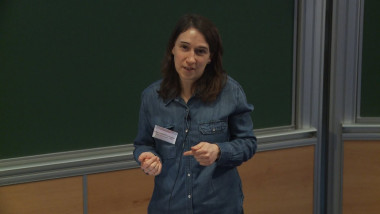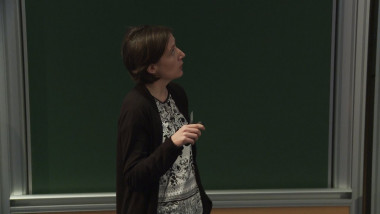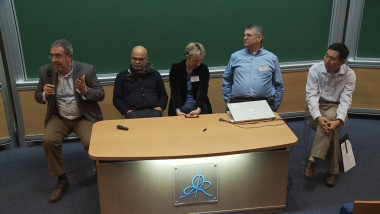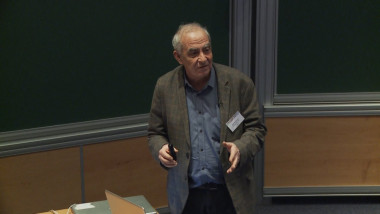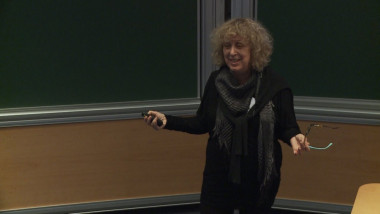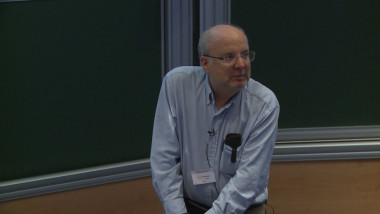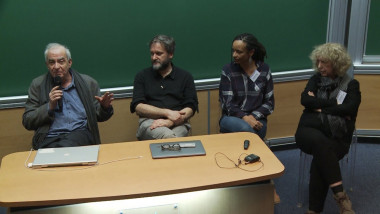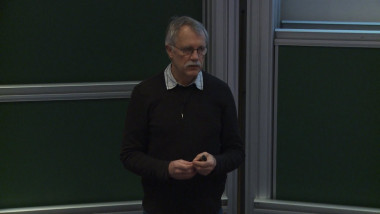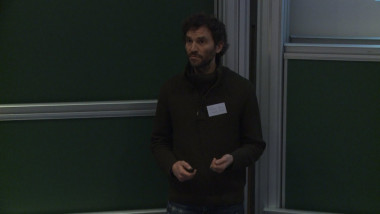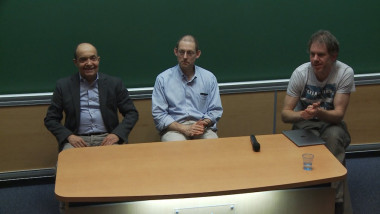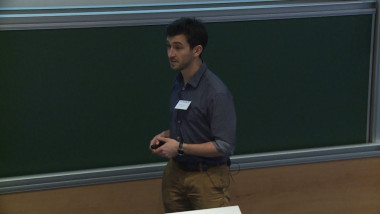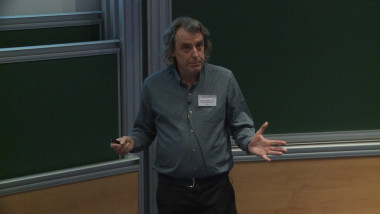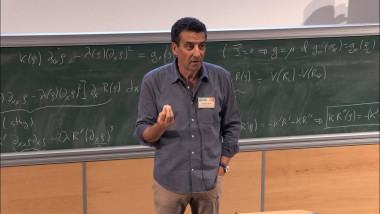Visualization of transcription regulatory complexes in animals and Development of drugs for rare cancers
De Tom Kerppola
Investigation of molecular mechanisms under physiological conditions requires new methods for the detection of macromolecular complexes in tissues and organs. Our laboratory has developed methods to visualize protein interactions in cells and tissues thatare based on complementation between fragments of fluorescent proteins (bimolecular fluorescence complementation analysis). We present an adaptation of these methods to study protein complex binding at specific genetic loci on Drosophila polytene chromosomes. These methods facilitate genome-wide visualization of protein complexes on chromatin in single cells. One area where the investigation of molecular mechanisms in animals is important is the study of responses to drugs and synthetic compounds. Animals can recognize and respond to xenobiotic compounds, including drugs, and can protect cells from the effects of such compounds. These mechanisms mediate the resistance to drug treatment that often develops in response to cancer chemotherapy. We investigated the mechanisms of transcription regulation by the xenobiotic response regulators dKeap1 and CncC (homologues of mammalian Keap1 and Nrf2) in Drosophila larvae. Visualization of chromatin binding by dKeap1 and CncC separately and in complexes on polytene chromosomes revealed that they bind and regulate genes that are transcribed in response to endocrine hormones (ecdysteroids). The mechanisms whereby dKeap1 and CncC regulate these genes differ from the mechanisms whereby they regulate transcriptionin response to xenobiotic compounds. The limited understanding of molecular mechanisms that determine drug pharmacodynamics and pharmacokinetics is a major cause of the low success rate of drug development. We present the initial results of our efforts to repurpose compounds for the treatment of rare endocrine cancers. We focus on compounds that have undergone advanced pre-clinical characterization to reduce the likelihood of unfavorable outcomes during late stage development and in clinical trials. The initial results suggest that consideration of bioavailability and bioactivity at an early stage of drug development can improve the likelihood that the prospective drugs benefit patients.
















